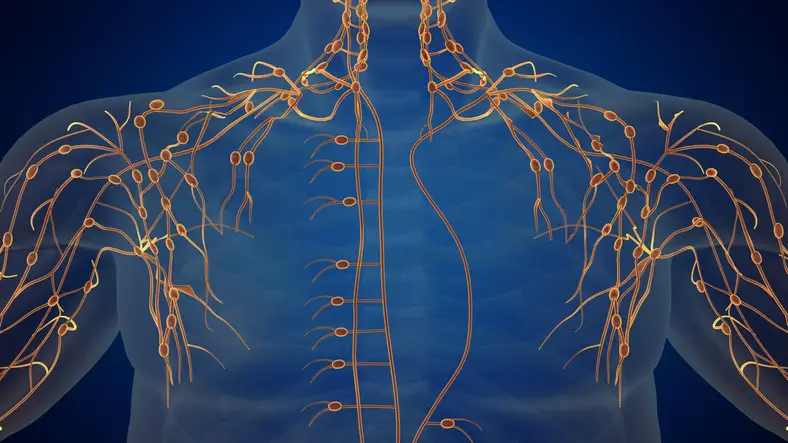Breast cancer survival is more than simply reaching the end of treatment, it’s the beginning of a new normal, which often includes a heightened desire to nurture and protect your overall health. One particular area of focus for many survivors is bone health. Various breast cancer treatments can affect bone health, and being proactive in this area can promote overall well-being and even help reduce the risk of cancer recurrence. Here, we’ll delve into seven critical aspects of bone health for breast cancer survivors and provide tips on managing it.
7 critical aspects of bone health after breast cancer
1. Breast cancer treatments and bone health
Certain types of breast cancer treatments can have a significant impact on bone health. Chemotherapy and hormone therapy, including aromatase inhibitors and treatments that suppress ovarian function, can induce early menopause, leading to rapid bone loss due to decreased estrogen levels. Targeted therapies and certain types of radiation treatments can also influence bone health.
Evidence-based guidance powered by NCCN Guidelines®
Personalized treatment plans shaped by the latest oncology standards—tailored to your diagnosis.
Get started
View your personalized treatment plan in the Outcomes4Me app
Use your diagnosis to unlock personalized NCCN Guidelines®-aligned recommendations.
Continue in app
2. The link between breast cancer and osteoporosis
Breast cancer survivors face an increased risk of developing osteoporosis—a condition that weakens bones, making them prone to fractures. This risk is further amplified in postmenopausal women, where the natural, age-related decline in bone density is expedited due to the loss of estrogen.
3. Regular bone density testing
Given the increased risk, it’s vital to monitor your post-treatment bone health regularly. Bone mineral density can be measured using DEXA scans, which can help detect osteoporosis before a fracture occurs. Your oncology team can guide you on how frequently you should be tested based on your health history and risk factors.
4. The role of bisphosphonates
Bisphosphonates, a type of medication often used to slow the rate of bone thinning, have an added benefit for breast cancer survivors. Some studies have shown that bisphosphonates, particularly zoledronic acid and alendronate, can also reduce the risk of breast cancer recurrence in postmenopausal women. Discuss the potential use of bisphosphonates with your healthcare provider.
5. Importance of regular exercise
Weight-bearing and muscle-strengthening exercises can help build and maintain bone density. Consider incorporating activities such as walking, running, weight lifting, yoga, or dancing into your routine. Always consult your healthcare provider or a physical therapist before starting any new exercise regimen.
6. Balanced diet
A diet rich in calcium and vitamin D plays a vital role in bone health. Dairy products, leafy greens, fish (especially sardines!), and fortified foods are excellent sources of calcium. Sunlight exposure and foods like fatty fish, egg yolks, and fortified foods can provide necessary vitamin D. Supplements may also be considered based on your doctor’s recommendations.
7. Avoid smoking and limit alcohol consumption
Smoking can have detrimental effects on bone health and can increase the risk of breast cancer recurrence. Likewise, excessive alcohol consumption can lead to bone loss. It’s advisable to quit smoking entirely and limit alcohol intake.
Navigating life after surviving breast cancer involves a commitment to maintaining your health, with a keen focus on safeguarding your bones. By staying informed about the risks, undergoing regular bone density scans, maintaining a balanced diet and active lifestyle, and considering beneficial medications like bisphosphonates, you can contribute significantly to your bone health. It’s essential to remember that everyone’s diagnosis is unique; therefore, your approach to bone health should be individualized and devised in consultation with your healthcare provider.
Your bone health is crucial, and your actions today can have a lasting impact on your future health. Download the Outcomes4Me app and take an active step towards better managing your health. It’s time to empower yourself with knowledge, stay connected with a supportive community, and embrace this new chapter of your life with strength and confidence. Remember, it’s your health, and you’ve got this!
Personalized support for real care decisions
Understand your diagnosis, explore clinical trials, and track symptoms--all in one place.
Get started
Compare treatments, prepare for appointments, and track side effects—all in the app
Built for your diagnosis, Outcomes4Me gives you the tools to make confident, informed decisions—right when you need them.
Continue in app






